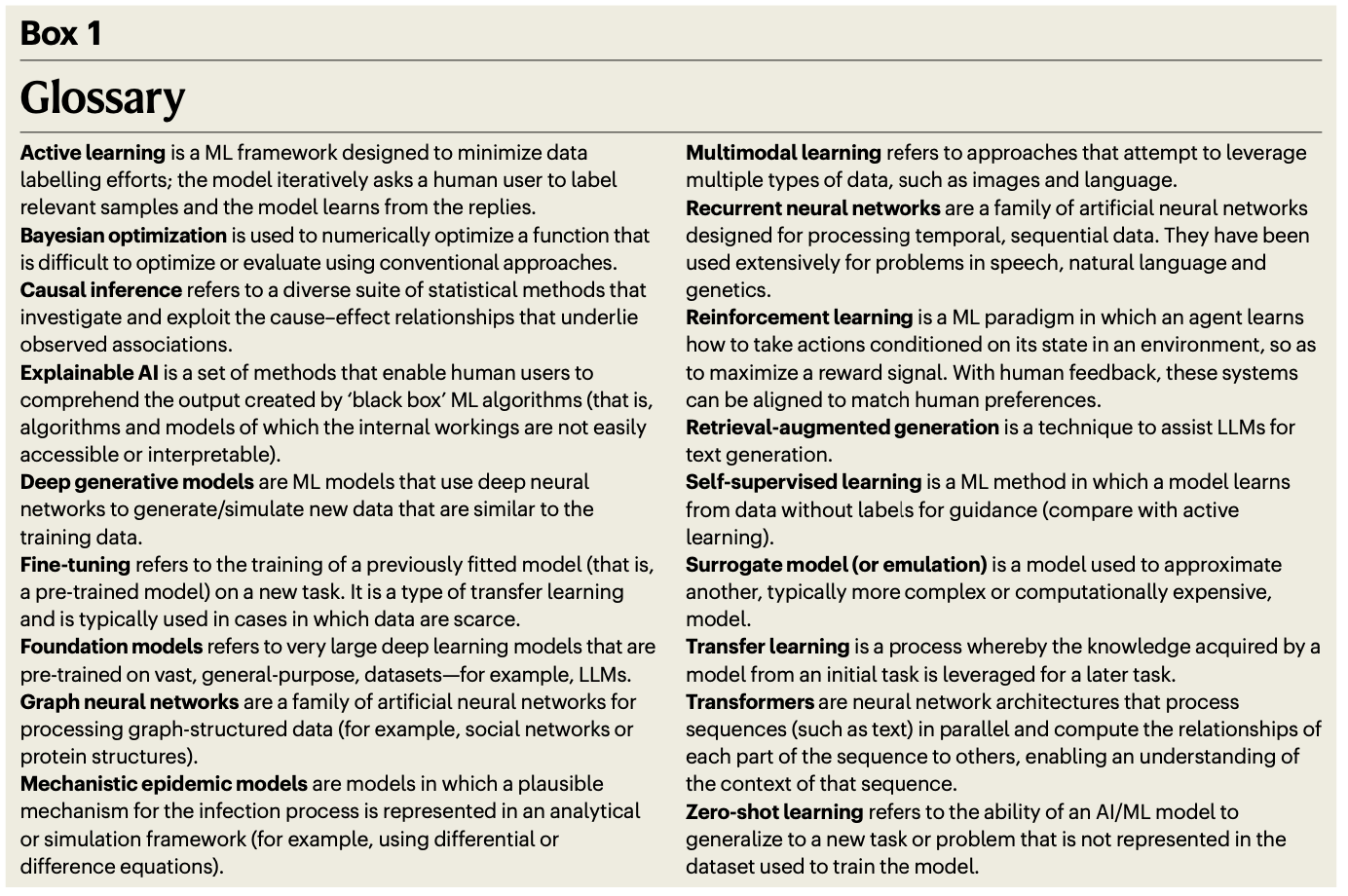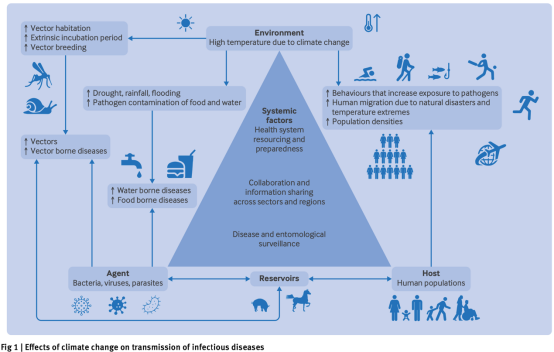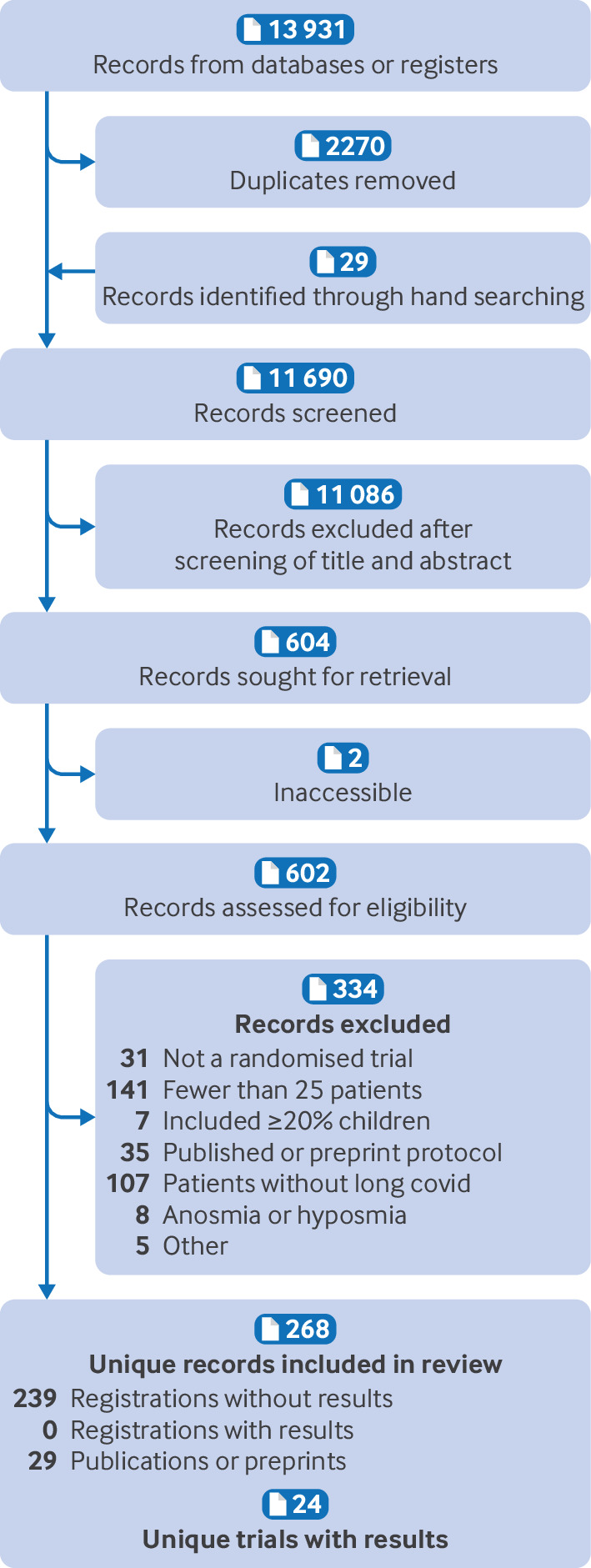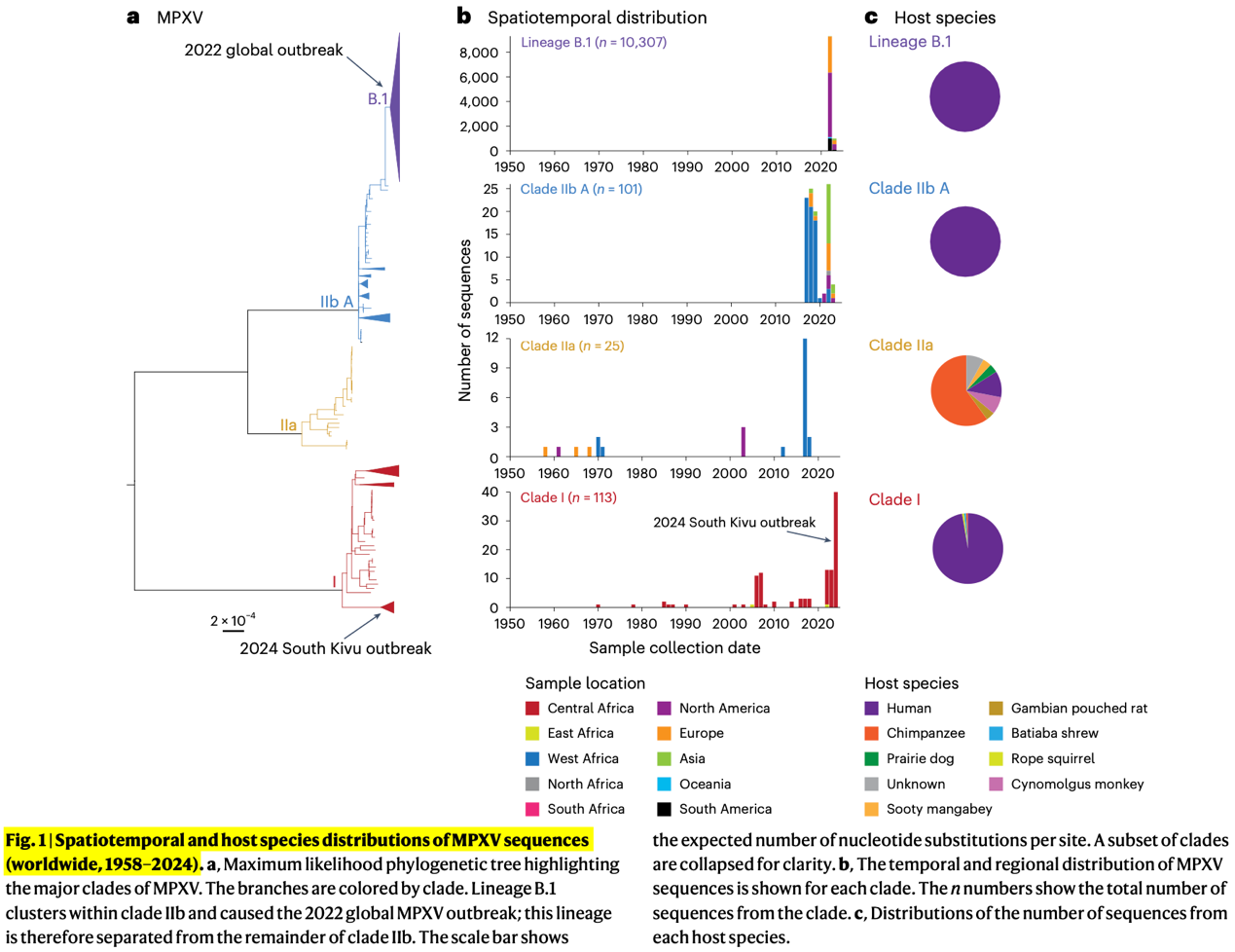
-

Nat Comput Sai | Advancing real-time infectious disease forecasting using large language models
Advancing real-time infectious disease forecasting using large language models
2025-06-20
-

Lancet Infect Dis | Global, regional, and national age-sex-specific burden of diarrhoeal diseases, their risk factors, and aetiologies, 1990–2021
Global, regional, and national age-sex-specific burden of diarrhoeal diseases, their risk factors, and aetiologies, 1990–2021, for 204 countries and territories: a systematic analysis for the Global Burden of Disease Study 2021
2025-05-12
-

Nature Medicine | Sociodemographic biases in medical decision making by large language models
Large language models (LLMs) show promise in healthcare, but concerns remain that they may produce medically unjustified clinical care
2025-04-09
-

Nature | A natural experiment on the effect of herpes zoster vaccination on dementia
A natural experiment on the effect of herpes zoster vaccination on dementia
2025-04-07
-

Nature | Artificial intelligence for modelling infectious disease epidemics
2025-04-01
-

BMJ | The impact of increasing temperatures due to climate change on infectious diseases
2024-12-13
-

BMJ | Interventions for the management of long covid (post-covid condition): living systematic review
2024-12-12
-

Nature | Global genomic surveillance of monkeypox virus
2024-11-25








